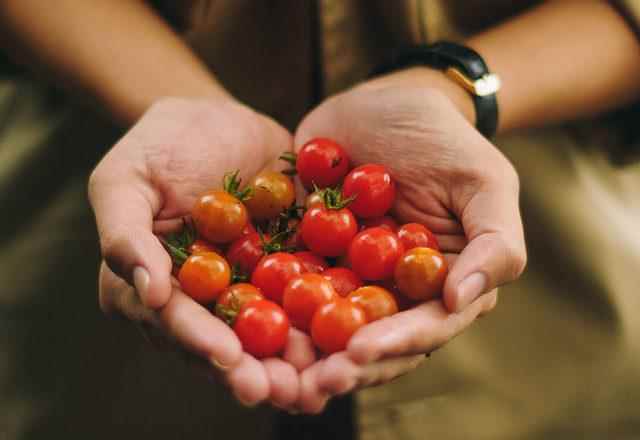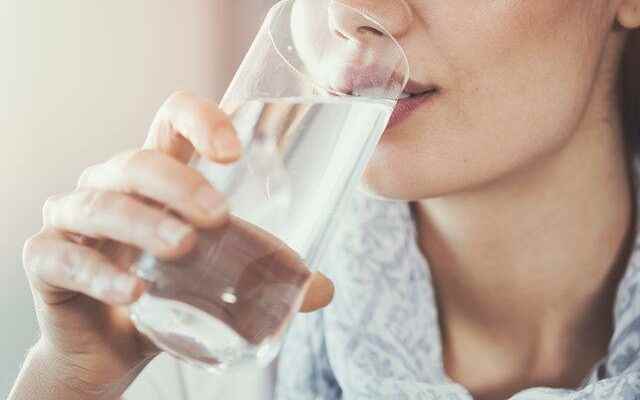Kidney diseases are among the most common diseases today. It is important for kidney patients to establish healthy diets in order to prevent kidney disease and other diseases caused by this disease. Experts state that the small amount of water consumed during Ramadan negatively affects kidney health.
DRINK Plenty of Water BETWEEN IFTAR AND SAHUR
Medicana Bursa Hospital Nephrology Specialist Dr. Burak Canver said that not consuming enough water between iftar and sahur can harm kidney health. Burak Canver, who stated that long-term and insufficient water consumption also increases the risk of kidney stones, drew attention to the importance of consuming plenty of fluids between iftar and suhoor, adequate nutrition, and not neglecting medications in order to protect the kidneys in Ramadan. Canver said, “There is always a risk that the long periods of hunger and thirst in Ramadan may threaten kidney health. This risk is even higher in people,” he said.
FOODS SUCH AS TOMATOES AND AUGGAGE INCREASE THE RISK OF STONE FORMATION

Upset. Dr. Burak Canver said, “Not taking enough fluids in the period from iftar to sahur, especially taking foods that increase urine at sahur, drinks such as tea and coffee containing caffeine, tomatoes, eggplant, garlic can increase the risk of stone formation by dehydrating the person. In addition, reducing daily activities during hot hours, avoiding heavy work and It is very important to avoid salt consumption. Again, insufficient water consumption can lead to a gradual and progressive decrease in kidney functions. More than one egg in the sahur, consumption of excessive milk and dairy products, canned foods, offal, bananas, melons, nuts and plants whose content is unknown The consumption of tea should be avoided,” he said.
